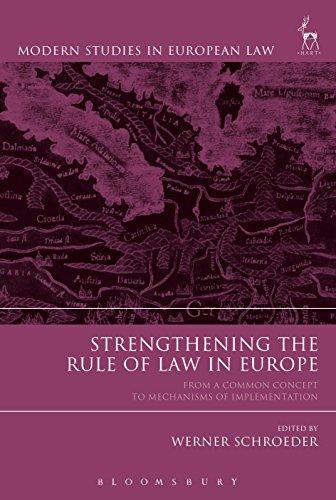
What are the legal issues in the below picture?
Dissenting: Justices Clement A person named as an irrevocable beneficiary of a life insurance Gascon and Malcolm Rowe said policy doesn't always have a right to keep the insurance money, there was no unjust enrichment the Supreme Court has confirmed. A third party may have a right and would have dismissed the appeal to the insurance money if there has been " unjust enrichment." On appeal from the Court of Appeal Mr. Moore bought a $250,000 life insurance policy in 1985, while he was for Ontario married to Ms. Moore. Ms. Moore was named the sole beneficiary, which Case information (37546) means that she would get the money if Mr. Moore died. The Moores Webcast of hearing separated in 1999 and divorced in 2003. Until 2000, the Moores paid the Lower court rulings: Trial (Ontario Superior Court of $507.50 premium each year out of their joint bank account. In 2000, Justice Ms. Moore and Mr. Moore verbally agreed that Ms. Moore would pay all Appeal (Court of Appeal for of the yearly premiums. In exchange, Mr. Moore would keep Ms. Moore Ontario on the policy as the sole beneficiary. From 2000 on, Ms. Moore paid the premiums herself. In 2000, Mr. Moore moved in with Ms. Sweet. Soon after, he made her the "irrevocable" beneficiary of the policy, even though he had agreed to keep Ms. Moore named as sole beneficiary. He didn't tell Ms. Moore that he made this change. Ontario's Insurance Act sets out the rules for insurance policies. It says an insured person can name another person (or group of people) as the beneficiary of their life insurance policy. That other person can be named either a "revocable" beneficiary or an "irrevocable" beneficiary. "Revocable" beneficiaries can be removed from a policy at any time. They don't have to agree, or even be informed that they are being removed. Ms. Moore was a "revocable" beneficiary. "Irrevocable" beneficiaries, like Ms. Sweet, can only be removed if they agree to it. Ms. Moore only found out that she had been removed as the beneficiary when Mr. Moore died in 2013. At this point, she sued Ms. Sweet for $250,000, the value of the policy. She argued that Ms. Sweet got a benefit at her expense, and there was no legal basis for it. This kind of situation is called "unjust enrichment." Ms. Moore asked the court to put the money in a "'constructive trust," a common request when unjust enrichment happens. A constructive trust means someone has to hold certain property for someone else's benefit. Both Ms. Moore and Ms. Sweet agreed that the verbal agreement between the Moores was a contract. The question was whether the Insurance Act gave Ms. Sweet legal basis to keep the money in spite of that. The trial judge ruled in favour of Ms. Moore, saying Mr. Moore had given her rights to the policy through their verbal agreement. The Court of Appeal disagreed. It said that while Ms. Moore should get back all the money she paid for the premiums (about $7,000), Ms. Sweet should get to keep the rest of the money. The majority at the Supreme Court ruled in favour of Ms. Moore. The fact that Ms. Sweet was an irrevocable beneficiary of the policy wasn't enough for her to be allowed to keep the money. The Insurance Act set out how beneficiaries could be named but it didn't say that naming a new beneficiary would automatically








